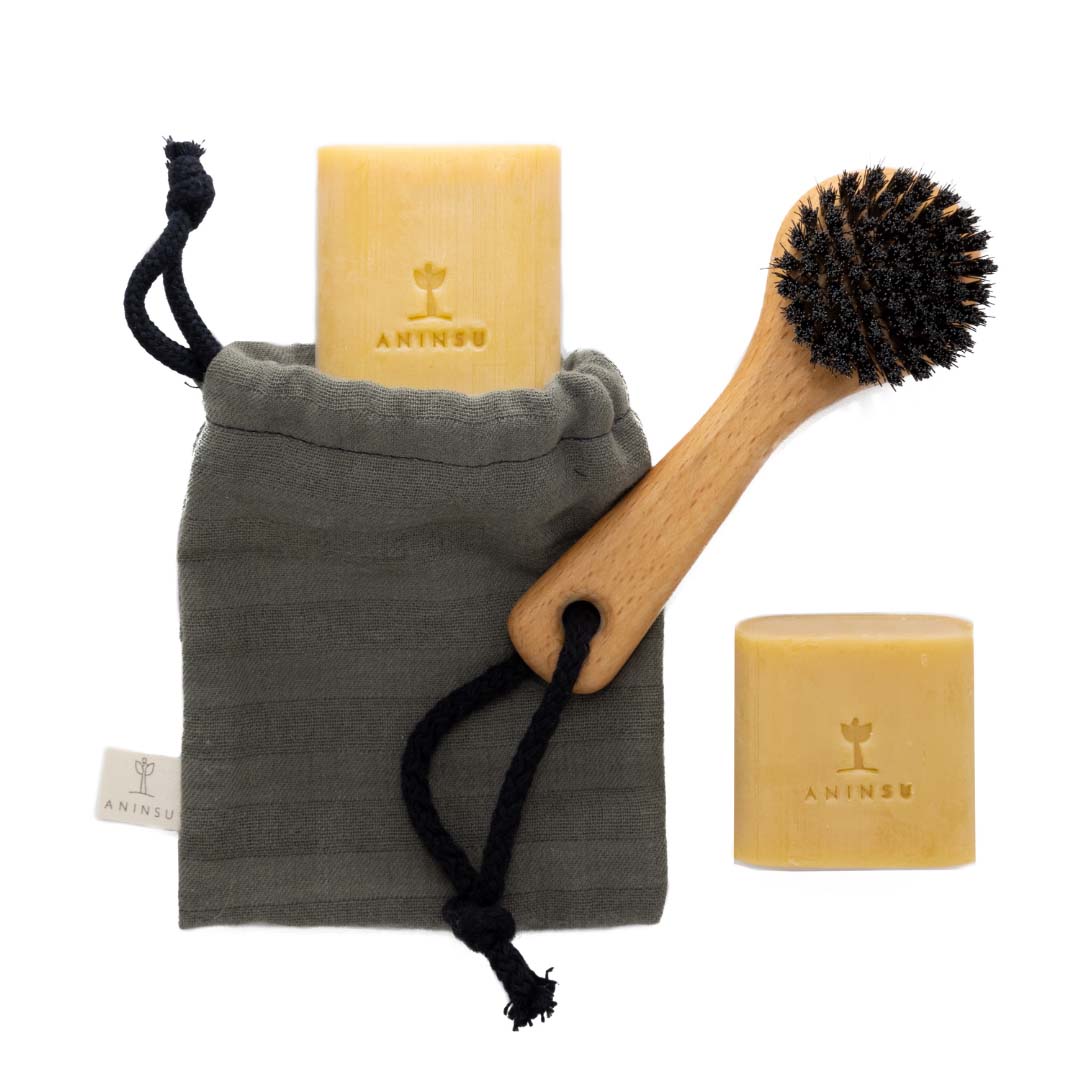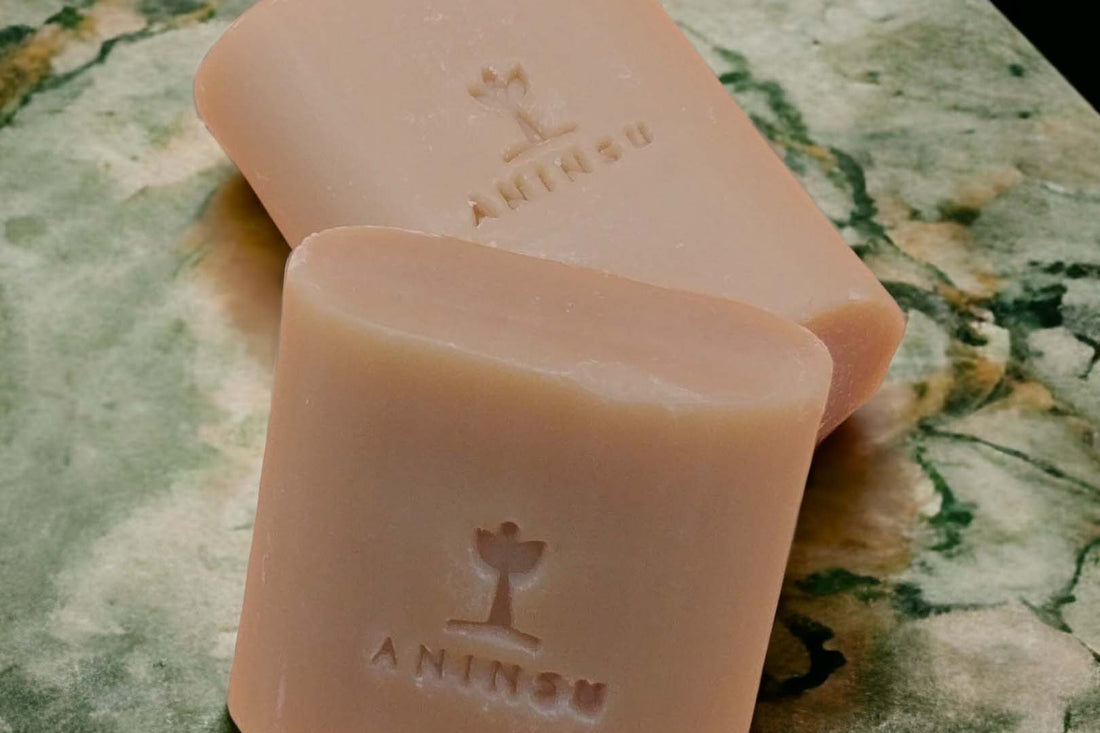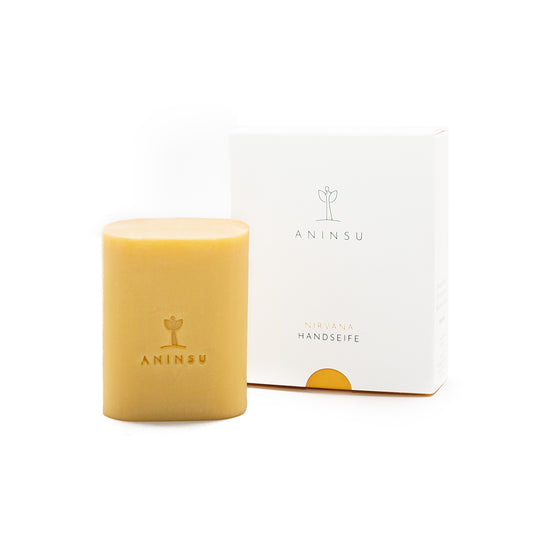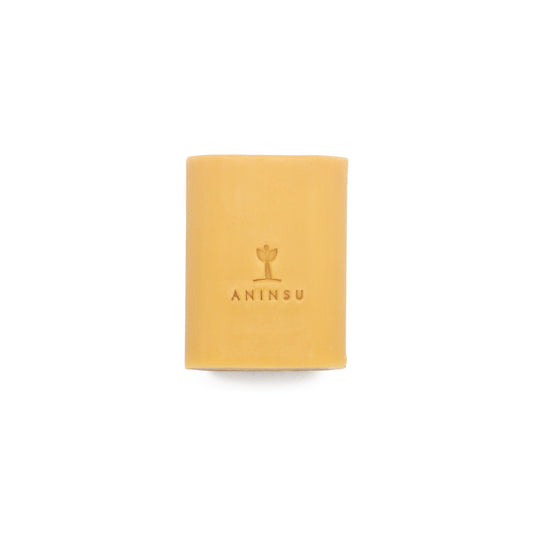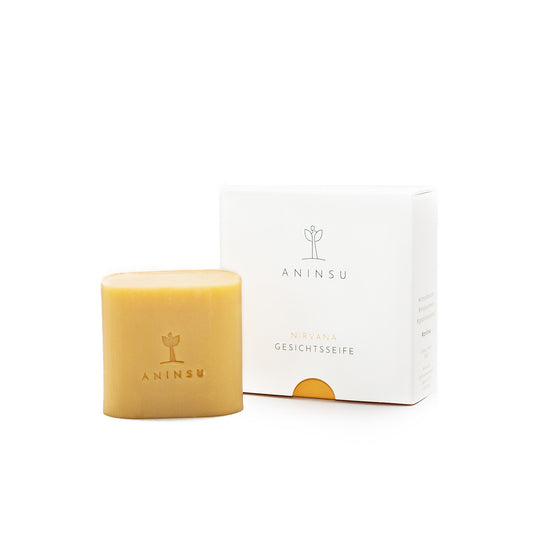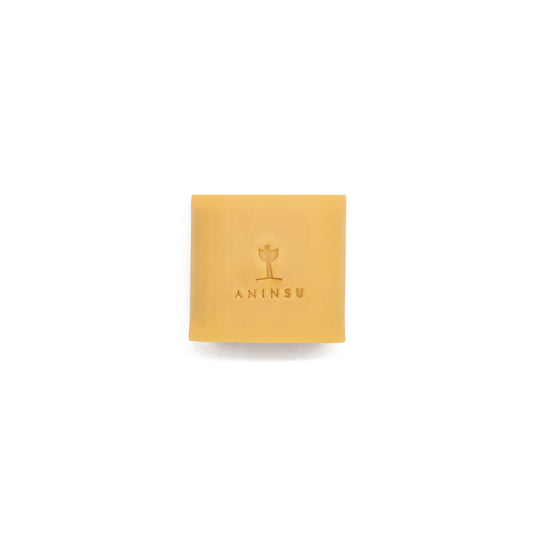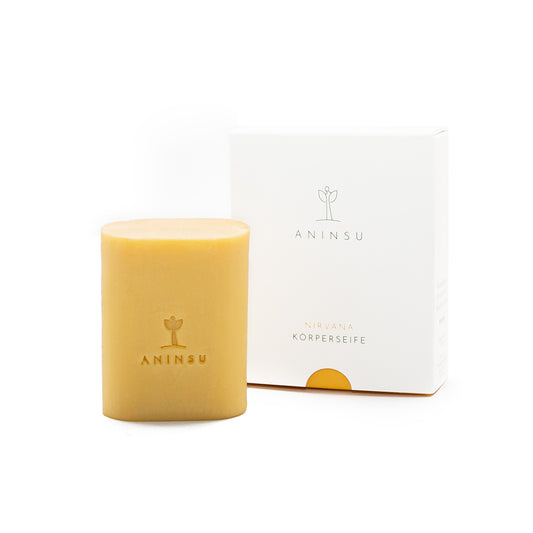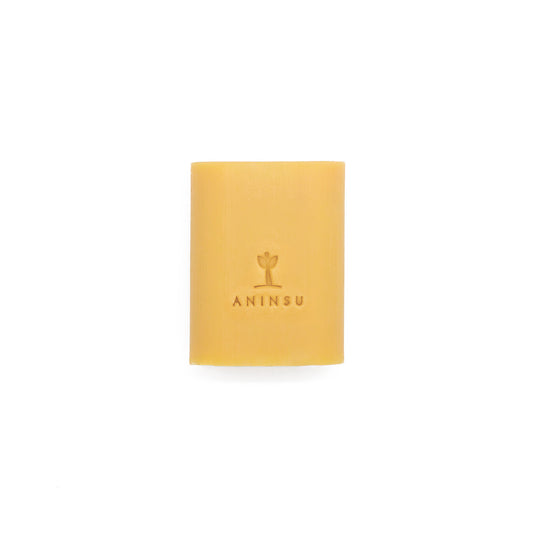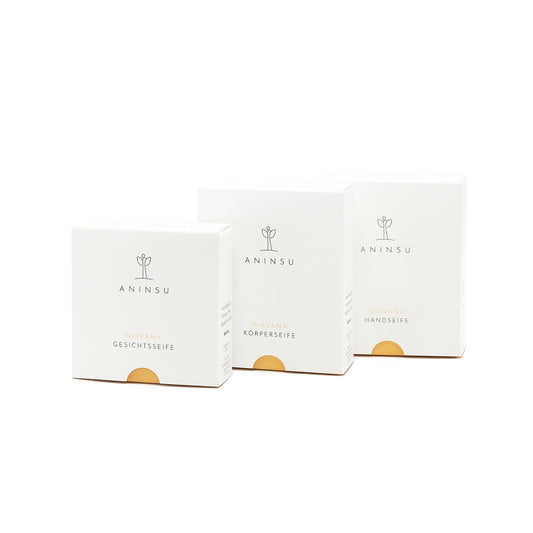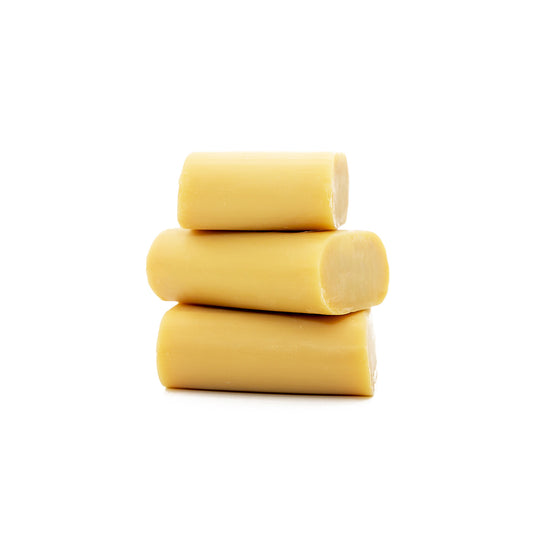Sustainability and nature awareness are the guiding principles of modern beauty care. Handmade soaps and natural cosmetics have become real favourites in this context. But how long do they last?
A look at the meaning
The use of natural cosmetics is not only a statement for environmental protection and health, but also a tribute to the unadulterated beauty of nature. Handmade soaps are often made from high-quality vegetable oils, herbs and essential oils, which adds to their appeal. But how does naturalness influence durability?
Nature as a benchmark
A key aspect of natural cosmetics is the avoidance of synthetic preservatives. However, this is one of the challenges: Natural products are more susceptible to spoilage by microorganisms. Handmade soaps, free from chemical stabilisers, have a limited shelf life compared to conventional products. It is not possible to say in general terms how long a particular product will keep, as this depends, for example, on how it is stored before and during use. In general, it can only be said that products without (synthetic) preservatives have a shorter shelf life than those with preservative ingredients.
The advantages of limitation
The limited shelf life of natural cosmetics can be seen as an advantage. This circumstance forces manufacturers to use fresh, high-quality ingredients. Preservatives, which are often found in conventional products, are not used here as "prolongers". Instead, the focus is on the natural progression and freshness of the ingredients.
Challenges and risks
However, the short shelf life can also be seen as a challenge. Consumers must ensure that they use their products in good time to guarantee optimum effectiveness. Especially with handmade soaps, which can often be considered works of art, it is important to understand that their beauty is also characterised by their limited shelf life. It is important to bear in mind that any product, whether natural or synthetic, can lose quality even before it spoils. Oils, for example, lose the intensity of many of their properties if they are stored unused for too long. This means that although it may not be bad, it is no longer as good as a fresh product.
Tips for handling
Storage: Natural cosmetics, especially handmade soaps, should be stored in a cool, dry place. Direct sunlight and moisture can accelerate spoilage. You can also find out more about how to store soaps optimally in our magazine.
Regular use: To preserve the properties, it is advisable to use the products regularly and not to store them for too long.
Labeling: Manufacturers should provide clear information on shelf life. Consumers should check these carefully and dispose of products after the expiry date. For example, our Nirvana soaps can be kept for at least 12 months after opening if stored properly.
Preserving natural elegance
The limited shelf life of natural cosmetics, especially handmade soaps, is part of their authenticity. While this places a certain responsibility on the consumer to use the products in time, it also emphasises the freshness and purity of the ingredients used. In a world where sustainability is becoming increasingly important, the limited shelf life of natural cosmetics could serve as a reminder of the beauty of nature - something we should value and protect.
